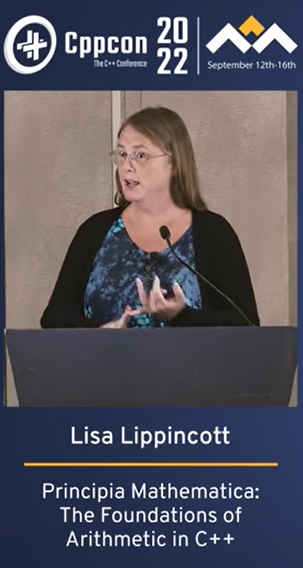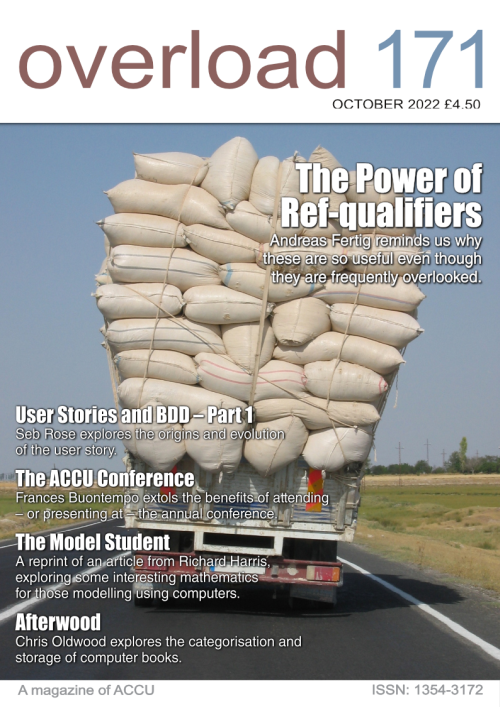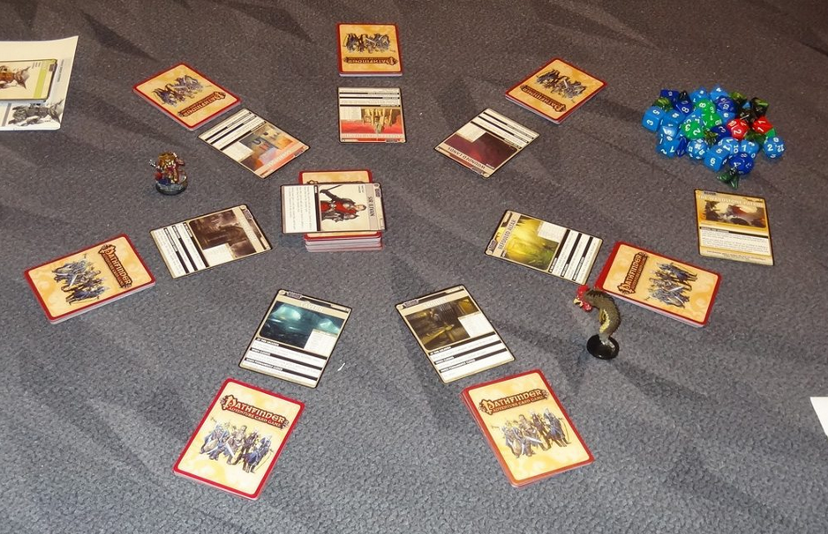ACCU 2023 Call for Papers is open -- ACCU
The ACCU is now putting together its program, and they want you to speak on C++. The ACCU conference has strong C++ tracks, though it is not a C++-only conference. If you have something to share, check out their
Call for Papers
by the ACCU
About the conference:
The ACCU 2023 conference will be from 2023-04-19 to 2023-04-22, with pre-conference workshops on 2023-04-17 and 2023-04-18.
The ACCU 2023 will be a hybrit event.
Historically, ACCU has a lot of C++ and C content, and is proud of that: ACCU is the foremost annual conference for people interested in C++ and C, at least in and around the UK. But it is not just a C++ and C conference, ACCU is about programming in whatever language people are using, with whatever tools and processes people are using: D, Chapel, Java, Kotlin, C#, F#, Groovy, Rust, Go, Python, Ruby, Lisp, to name just a few programming languages about which there have been sessions at ACCU conferences. Git, Mercurial, CMake, Meson, TDD, BDD, all these tools and techniques have been the focus of sessions at ACCU. The ACCU Conference is looking for sessions that will be interesting to people who create software.
The ACCU Conference is put on by ACCU (https://accu.org), but is open to anyone who wishes to be there either as a presenter or an attender.The Call for Papers lasts for about 3 weeks and will close on Monday 7th November 2022 at 23:59:59 GMT.


 A new CppCon 2022 keynote video is available:
A new CppCon 2022 keynote video is available: Hot off the press from CppCon:
Hot off the press from CppCon: New in this month's Overload magazine:
New in this month's Overload magazine: Worth waiting for:
Worth waiting for: Why do now what you can do later (or not at all)?
Why do now what you can do later (or not at all)? Have you used the patterns?
Have you used the patterns? One if by latch, two if by barrier:
One if by latch, two if by barrier: